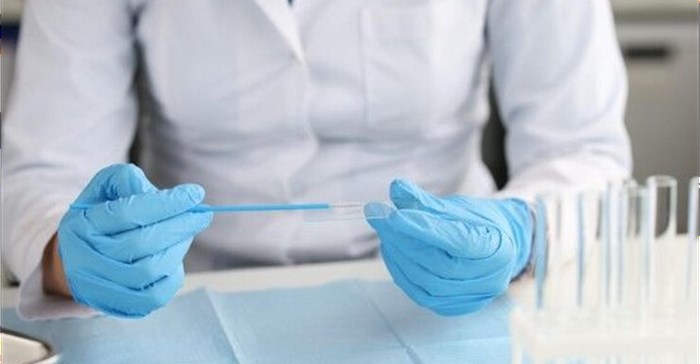In an effort to prevent cervical cancer, the University of Cape Town (UCT) opened a newly renovated Khayelitsha cervical cancer screening project (KCCSP) site on Monday, 8 August,

Source: Freepik.
Western Cape Minister of Health and Wellness Dr Nomafrench Mbombo, Western Cape Health Department head Dr Keith Cloete, and UCT's faculty of health sciences dean, associate professor Lionel Green-Thompson, attended the event.
Professor Lynette Denny, director of KCCSP and head of UCT’s department of obstetrics and gynaecology, said: “Globally, there are over 600,000 cases of cervical cancer and just over 300,000 deaths.
In SA, approximately 10,000 plus women are diagnosed with cervical cancer, of whom over 5,000 will die from the disease, and most of these cases are found in Black South African women.
"The highest number of cases of cervical cancer are diagnosed in the global south, specifically sub-Saharan Africa.”
Over the years, the team has screened close to 60,000 women in a variety of high-level community-based projects and studies, published widely in international journals, and been honoured internationally for their work and contribution to safe, effective, feasible, and affordable cervical-cancer interventions.
In 2017, the team was awarded two national institutes of health grants to continue their work, and in 2020, it began obtaining permissions to upgrade the site. Besides doing research, the members are also deeply committed to empowering women and providing them with the tools for quality health care.
Upgrading the site was part of this contribution.
The project, initiated in 1995 in collaboration with Columbia University, New York, has worked tirelessly to find ways to provide cervical-cancer prevention services to women where health-care resources are limited and access to healthcare is poor.
The project began by using a mobile caravan which was adapted to enable the examination and treatment of women.





























